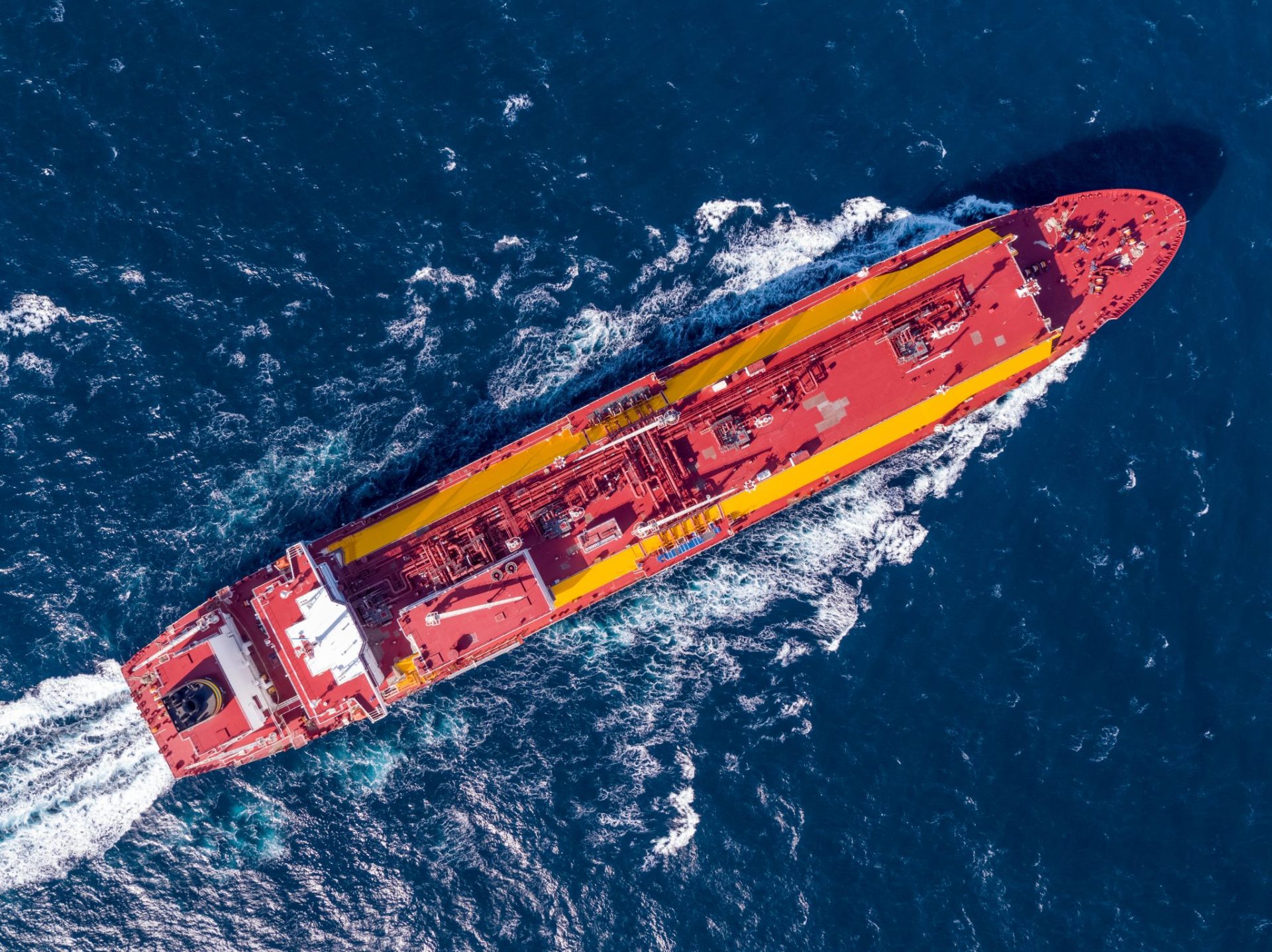Spot charter rates for the global liquefied natural gas (LNG) carrier fleet remained steady this week, while European prices rose slightly compared to the previous week.
Last week, charter rates were almost flat compared to the last week.
“LNG freight rates lacked direction again this week with both basins drifting slightly lower,” Spark’s COO Henry Bennet told LNG Prime on Friday.
“The Spark30S Atlantic spot rate declined by $500 to $42,000 per day while the Spark25S Pacific spot rate declined by $500 to $45,750 per day,” he said.

LNG shipping rates remained steady almost during this entire year despite the ongoing shipping constraints via the Panama and Suez canals.
The Panama Canal is in talks with US LNG producers on how to meet increased demand for crossings as water levels recover after a prolonged drought, the canal’s administrator Ricaurte Vasquez told Reuters in an interview on Friday.
In April, LNG transits through the canal’s Neopanamax locks only amounted to 4.9 percent of the total crossings, as shippers continue to use the route via the Cape of Good Hope to deliver US Gulf Coast LNG supplies to Asia.
European regas demand low
In Europe, the SparkNWE DES LNG front month rose slightly compared to the last week.
“The SparkNWE DES LNG price for Jun24 deliveries remains at a narrow $0.20 discount to the TTF this week as demand for regasification capacity in Europe, which is the main driver of this spread, remains low as US cargos are pulled to Asia based on the US to Asia arbitrage economics being open,” Bennet said.
“The outright NWE DES LNG price tracked TTF close to unchanged this week at $9.548,” he said.
Levels of gas in storages in Europe rose compared to the last week.
Data by Gas Infrastructure Europe (GIE) shows that volumes in gas storages in the EU were 62.94 percent full on May 8.
Gas storages were 62.61 percent full on May 1, and 62.16 percent full on May 8 last year.
In Asia, JKM, the price for LNG cargoes delivered to Northeast Asia, for June settled at $10.460/MMBtu on Thursday.
JKM rose earlier this week to 10.500/MMBtu from 10.470/MMBtu on Friday last week.
State-run Japan Organization for Metals and Energy Security (JOGMEC) said in a report earlier this week that JKM dropped in the first half of the last week due to weak demand and high inventories but increased to mid-$10s later in the week due to supply concerns from Chevron’s Gorgon LNG facility.
Gorgon LNG, Freeport LNG
Chevron Australia, a unit of US energy giant Chevron, said on May 3 it was working to resume full production from its Gorgon LNG terminal in Western Australia following a “mechanical fault” which is affecting one LNG production train.
The fault occurred on April 30 in a turbine, and Chevron Australia said that repair activities are expected to “take a number of weeks”.
Sources familiar with the matter told LNG Prime on May 8 that following further assessment of the fault, the 5.2 mtpa production train is likely to be offline for at least five weeks.
US LNG exports rose to 22 shipments in the week ending May 8, with the Freeport LNG terminal shipping three cargoes during the period, according to the EIA.
The terminal increased its shipments during this week as it shipped only one cargo per week during the previous weeks.
Freeport LNG said in March it will operate with only the third train until “sometime in May” when it expects to bring back online the first and the second train.
According to reports, the third LNG train tripped offline on April 9 and on April 23 as well.
Reports suggest that Freeport LNG could be working to resume full operations from all of the three trains due to high feedgas intake.
The LNG terminal operator previously declined to comment on the operational status of the trains.

